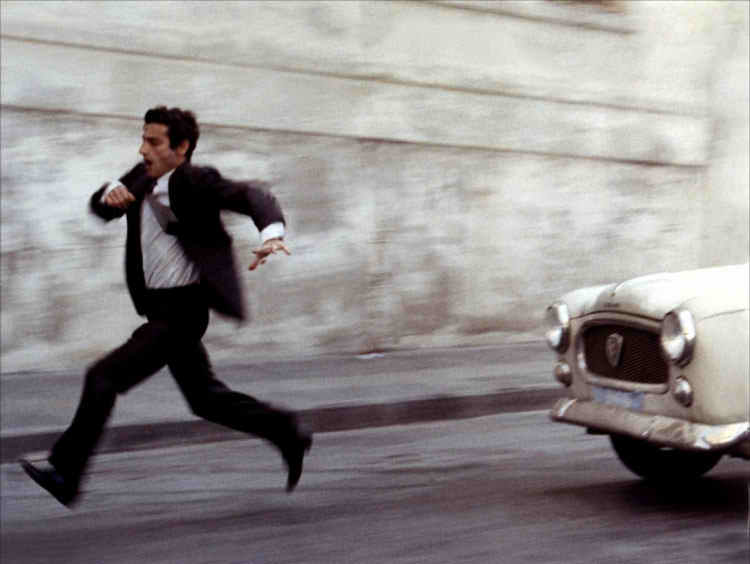Z (1969) Directed by Costa-Gavras
9A
Following the assassination of democratic Greek politician Grigoris Lambrakiis in 1963, the untra-right wing Greek government at the time had no choice but to commit itself to an official investigation of the murder. This investigation was supposed to be a sham, designed to quickly deflect any blame from the ruling junta. To that end, a young Examining Magistrate (Jean Louis Trintignant) was appointed because of his impeccable conservative credentials. It was his goal to bring the investigation to a quick close, too, one that would keep the ruling party happy. And that's the way he starts the investigation--and then slowly, incrementally he begins to change his opinion. To the government's great dismay, he starts investigating for real. And what he finds will shock all of Greece and may indeed threaten a totalitarian regime.
Z is the best political suspense movie that I have ever seen. Director Costa-Gavras is expert at building tension as each new revelation points to greater government complicity. The arc of suspense which goes from cover-up to expose is worthy of Alfred Hitchcock. And Trintignant is perfect as the Examining Magistrate. Prim and proper, the consummate right-ring professional, he is riveting as he slowly transforms himself into a genuine prosecuting attorney. A closing coda details what happened after the investigation ended.
Z is an important political movie and an absolutely rousing entertainment.
Note: About the title: the letter "Z" became a symbol among the Greek people that meant "He Lives" referring to the assassinated liberal politician. The Greek military dictatorship responded by banning the letter "Z" from the alphabet. For real.
subtitles
available on Criterion Channel






